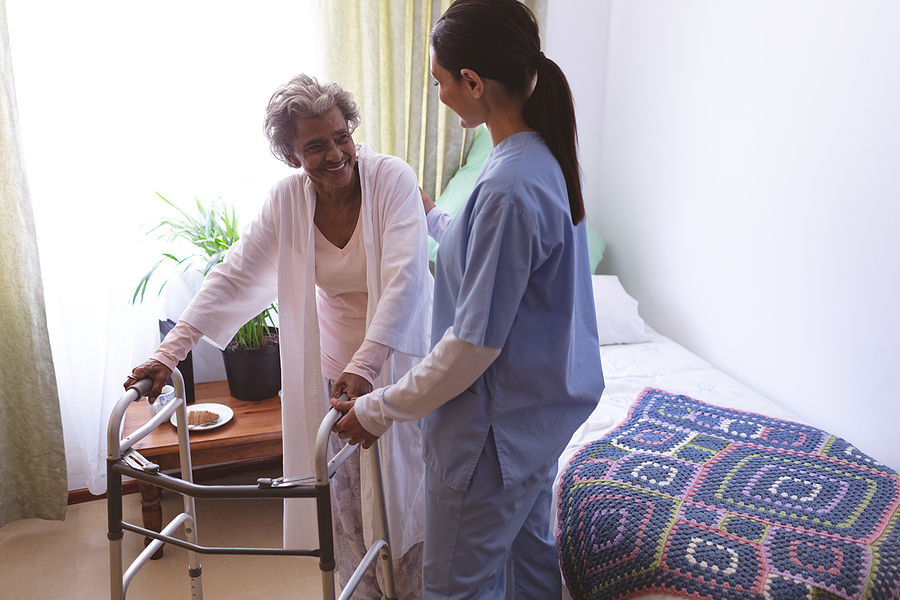As more and more seniors hope to maintain their independence by aging in place, the safety of their home environment becomes increasingly important. Professional home care services are a valuable resource in this endeavor, as they can offer recommendations regarding safety, as well as provide additional supports that give both seniors and their loved ones peace of mind.
Preventing Dangerous Medication Mix-ups
Medication management represents one of the most significant safety challenges facing older adults. With many seniors taking multiple prescriptions daily, the risk of dangerous mix-ups increases dramatically. Professional caregivers address this issue through medication management protocols.
Trained home care professionals organize medications using pill organizers, clearly labeling each compartment with the correct dosage and timing. They maintain detailed medication schedules, ensuring seniors take the right medications at the proper intervals. Perhaps most importantly, caregivers monitor for potential side effects and drug interactions, serving as an additional safety net between doctor visits.
Home care providers also coordinate with healthcare teams, maintaining accurate medication lists and communicating any concerns or changes to physicians and pharmacists. This collaborative approach significantly reduces the likelihood of prescription errors that could result in hospitalizations or serious health complications.
Comprehensive Fall Prevention Strategies
Falls represent another major safety concern for seniors, with one in four older adults experiencing a fall each year. Caregivers conduct thorough safety assessments, identifying potential hazards throughout the living space. Their recommendations might include securing loose rugs, improving lighting in hallways and stairwells, and installing grab bars in bathrooms and other high-risk areas.
Caregivers also encourage seniors to maintain physical strength and balance through appropriate exercises and mobility support. They assist with safe navigation around the home and provide physical stability when needed during daily activities like bathing or climbing stairs.
Emergency Preparedness and Response
Home care professionals also ensure seniors are prepared for various emergency situations. They help them develop comprehensive emergency plans, including contact information for family members, doctors, and emergency services. Many caregivers are trained in CPR and first aid, providing immediate response capabilities when critical situations arise.
These professionals also monitor for signs of medical emergencies or sudden health changes, often catching problems early before they become life-threatening situations. Their presence provides peace of mind for families, knowing that trained eyes are watching for potential health concerns.
Creating Safe, Supportive Environments
Beyond specific safety measures, caregivers help create overall environments that support senior well-being. They assist with tasks that seniors may struggle to complete safely, such as changing light bulbs, as well as offer housekeeping services to help reduce clutter that could create tripping hazards while maintaining clean, healthy living spaces.
Caregivers also provide social interaction and mental stimulation, which contributes to cognitive health and emotional well-being. This comprehensive approach to care recognizes that true safety encompasses physical, emotional, and social elements.
Professional home care services offer families confidence that their loved ones receive consistent, expert oversight. These trained professionals understand the unique safety challenges facing seniors and implement evidence-based strategies to address them effectively.
Sources:
https://www.uchealth.org/today/advice-for-aging-in-place-safely-stay-in-your-home-as-long-as-possible
https://www.medicalnewstoday.com/articles/aging-in-place
https://health.clevelandclinic.org/aging-in-place-home-modifications
If you or an aging loved one is considering home care in Walnut Creek, CA, please contact the caring staff at Golden Heart Senior Care of Walnut Creek. (925) 203-3039.

